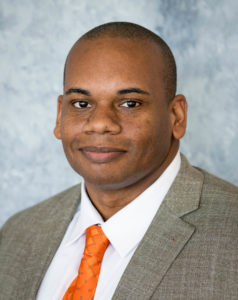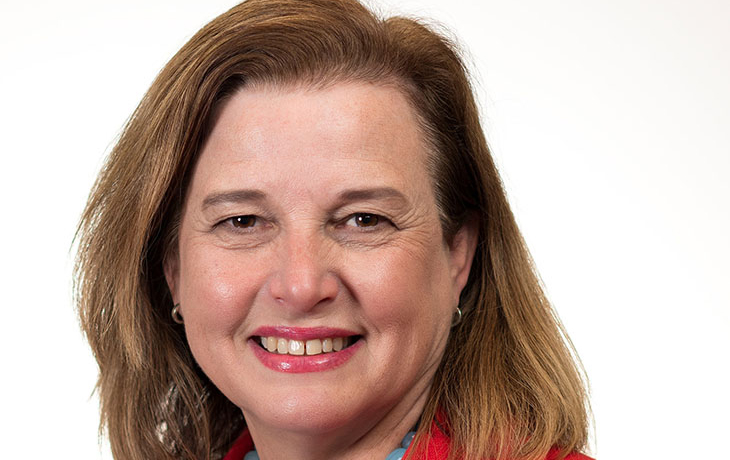
Commissioner Wayne Lewis
Almost half of Kentucky’s population lives in rural areas. That means a significant portion of Kentucky’s students are being educated in rural school districts.
Our rural schools face unique challenges compared to our suburban and urban schools. A recent report by the Center for Public Education called “Out of the Loop,” noted poverty rates are higher and more persistent in rural areas as compared to urban areas. Students in rural areas are less likely to have access to advanced courses and their teachers also are less likely to have an advanced degree.
This lack of access was a major topic of discussion at last month’s National Forum to Advance Rural Education, which brought together educators from around the country to share and collaborate on ways to improve learning for rural students. I had the pleasure of attending a pre-conference event, and I came away more committed than ever to work with communities, P12 educators, postsecondary institutions and others to break down learning barriers for our rural students.
In my mind, the overriding challenge many students in our more geographically isolated districts face is lack of access to courses, from Advanced Placement to courses in higher level math and science, computer science and world languages. It often comes down to lack of resources, human and financial. But just as difficult, smaller districts, rural and urban, also struggle with recruiting teachers with the needed expertise to come to their districts and stay.
One of the ways I think Kentucky can tackle lack of access is to consider how we might leverage technology to increase course access for students. To be clear, technology will not solve all of the challenges in our rural schools; it is not a silver bullet. But Kentucky has a long history of being at the forefront of using technology to take its schools to higher levels of learning – be it through the use of high-speed internet or through partnerships with KET and in-state virtual learning partners like the Barren Academy of Virtual and Expanded Learning, Corbin School of Innovation and Jefferson County’s eSchool.
Some states – such as Florida, North Carolina and Montana – have been using virtual academies to give their students access to courses they couldn’t take in their local schools. It’s not likely a small school in eastern Kentucky can offer a Japanese or advanced math class for the three students who want to take it, but it might be possible for them to take those classes online.
Unfortunately, online courses in high school are often seen only as an option for students to recover credit – a virtual online summer school, so to speak – for students whose needs were not met well in a traditional classroom. It is a Plan B. But that conceptualization of online learning is much too limited.
Instead, we should consider a blended learning experience for students that allows them to take traditionally taught courses at their home school while also taking higher-level classes they would never have had access to otherwise. Such courses also could allow students to learn at an accelerated pace and give them real-world skills as more postsecondary institutions and employers utilize technology for online courses and remote work. These are the types of opportunities students need to be prepared for whatever their next steps are beyond high school graduation.
I look forward to conversations with stakeholders across the state as we consider what next steps we can take together to do what is best for Kentucky students. We must think creatively about ways to offer our students greater educational opportunities.
In the coming weeks I will be convening a group to begin looking at ways we can provide better access to learning for students in rural districts and for all Kentucky public school students. Until then, I am interested in any ideas students, parents and educators may have to bring more educational opportunities to all students. Please share your ideas with me at wayne.lewis@education.ky.gov.


Leave A Comment